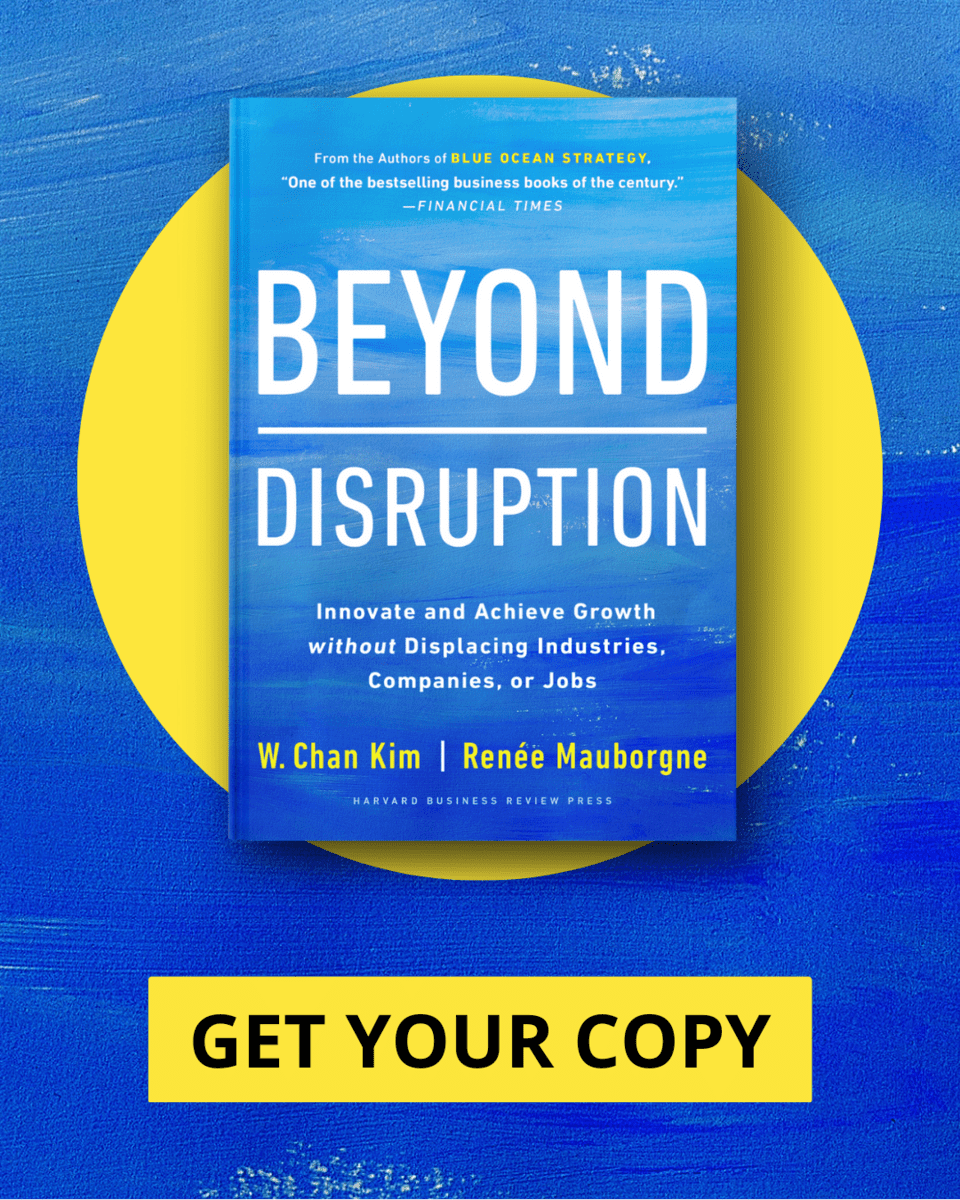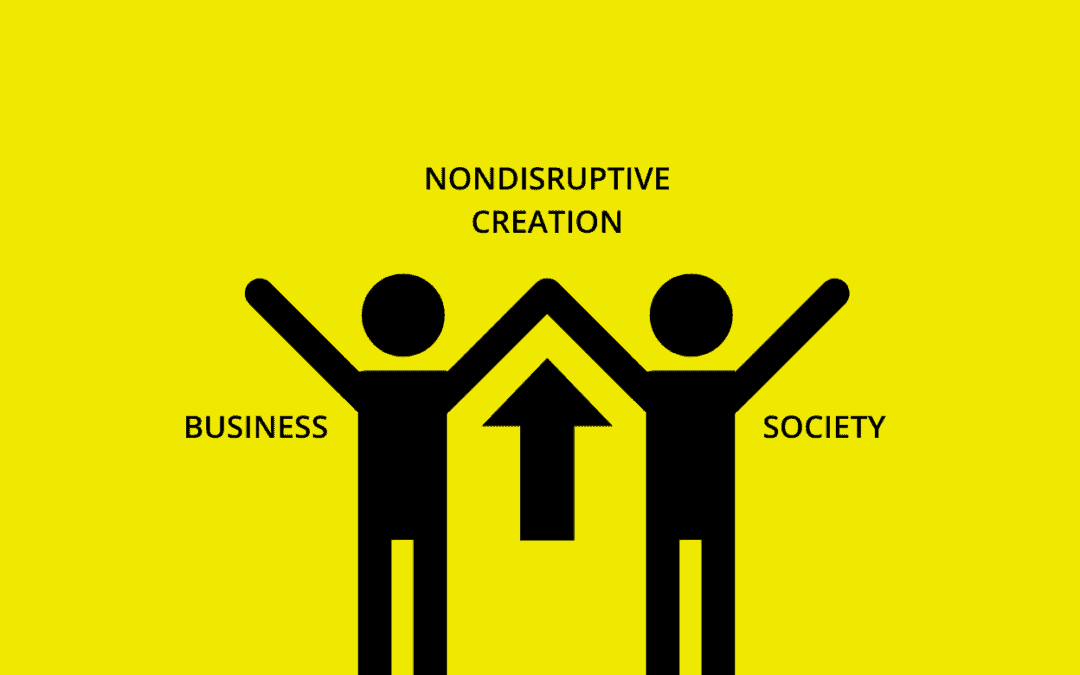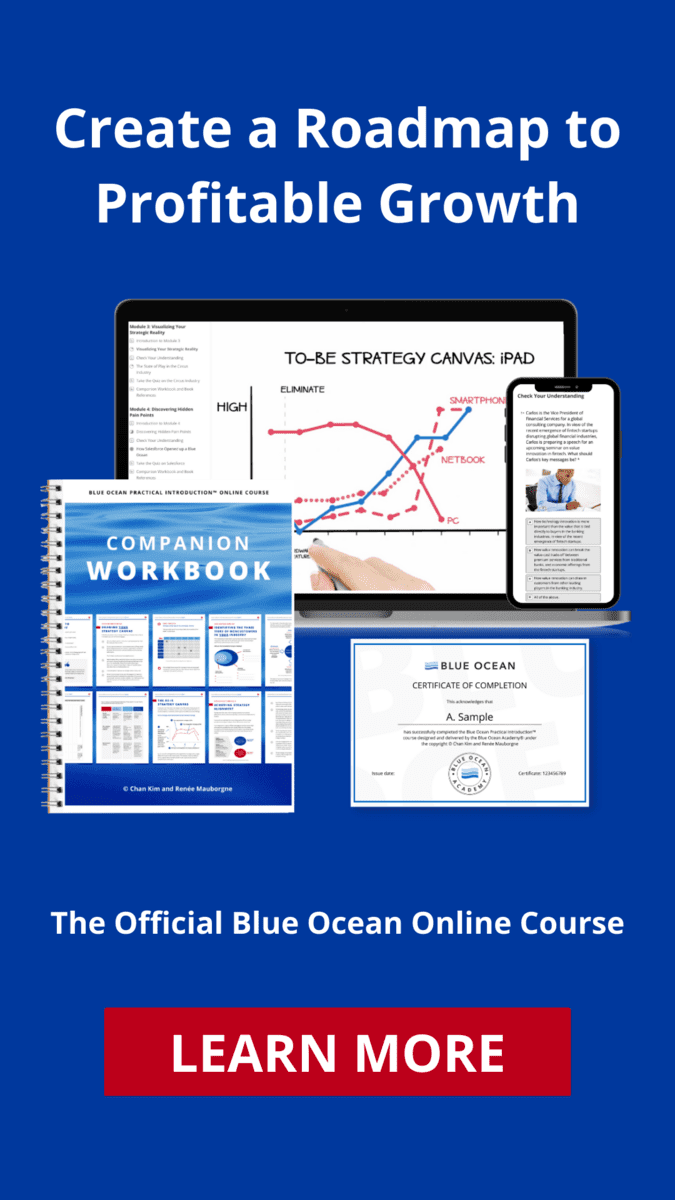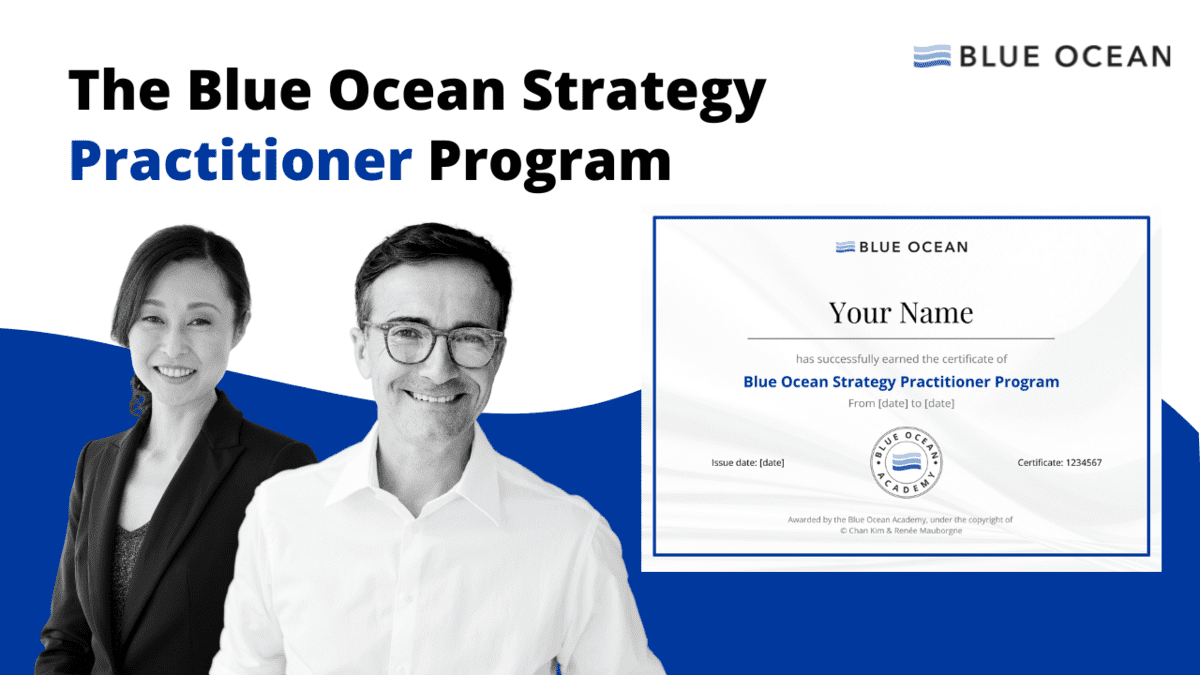Why do so many startups fail to secure funding and fold fast? One reason is that they try to compete for limited funds in crowded markets. One successful investor, Rob Coneybeer, shares his advice on avoiding competition and creating a blue ocean of uncontested market space.
Although it was written with big corporate executives in mind, I don’t think enough entrepreneurs have read Blue Ocean Strategy by Chan Kim and Renée Mauborgne. The basic proposition? Create a “blue ocean” of uncontested market space, and avoid the shark-infested “red ocean” of intense competition.
Since I led Shasta’s early investment in Nest, I hear from a lot of entrepreneurs starting companies to build Internet of Things products for consumers. What’s the pitch they often share? We’re the “Nest of xyz.” Or, “Nest falls short in these areas, and we’re going to fix that.”
Really? As an entrepreneur, do you want to compete with a team that now has the unlimited financial resources of one of the world’s largest, most progressive technology companies in the world? Against a company where they can (and will) spend worldwide on aggressive marketing campaigns?
My advice to entrepreneurs? Avoid crowded markets. Look around the corners. Create something truly new that people want, but isn’t obvious yet.
During the last few months, I’ve heard a few entrepreneurs say “…I’ve heard you’re not investing in the smart home anymore.” That’s not the case. I’m just not interested in investing in companies considering a frontal assault on the leaders in the space. A few weeks ago I led an investment in a smart-home related product that won’t be announced for a while. It’s in a very interesting “blue ocean” area of the home, in my opinion.
So what does interest me? Areas with wide open opportunities include robotics and virtual reality. Neither has a major mainstream company (yet). Google and Amazon snapped up some of the early robotics pioneering startups, but those teams are going to be vesting soon, and will be looking to start or join early-stage companies. In virtual reality, Facebook acquired Oculus, and Magic Leap has raised hundreds of millions of dollars, but no one is shipping viable products. Both areas are still fertile ground for entrepreneurs, with uncrowded markets.
My advice to entrepreneurs? Avoid crowded markets. Look around the corners. Create something truly new that people want, but isn’t obvious yet.
Plenty of people will say “…don’t worry about the competition. Just focus on execution.” But don’t take that advice to decide where to start a company. Pick an area where there’s huge latent demand and no one addressing that need. A great example is Turo. They created the peer to peer car-rental market. Although a bunch of copycats like GetAround popped up, as pioneers Turo learned key early lessons that have allowed them to dominate the market as the clear market leader (with torrential year/year growth of 2.5x+).
Rob Coneybeer
About the author
Rob Coneybeer is a founder and managing director of Shasta Ventures where he invests in early-stage startups that use data, artificial intelligence, and the Internet and mobile networks to connect people and devices, with a goal to improve people’s lives. He believes and invests in companies that are unique, differentiated, with great people proposition and avoids those that are entering crowded markets.
This blog was originally published on Rob’s 280.vc blog on March 23rd under the title Crowded Markets. We invite you to visit Rob’s blog where he writes about entrepreneurship, startups, investing, and his love for driving.

















